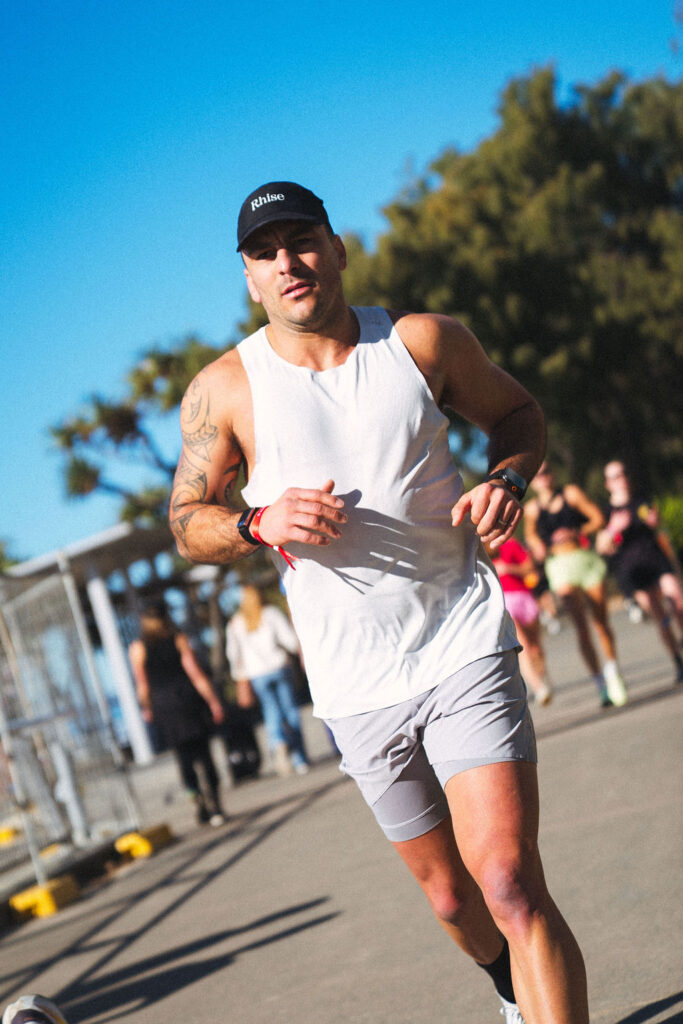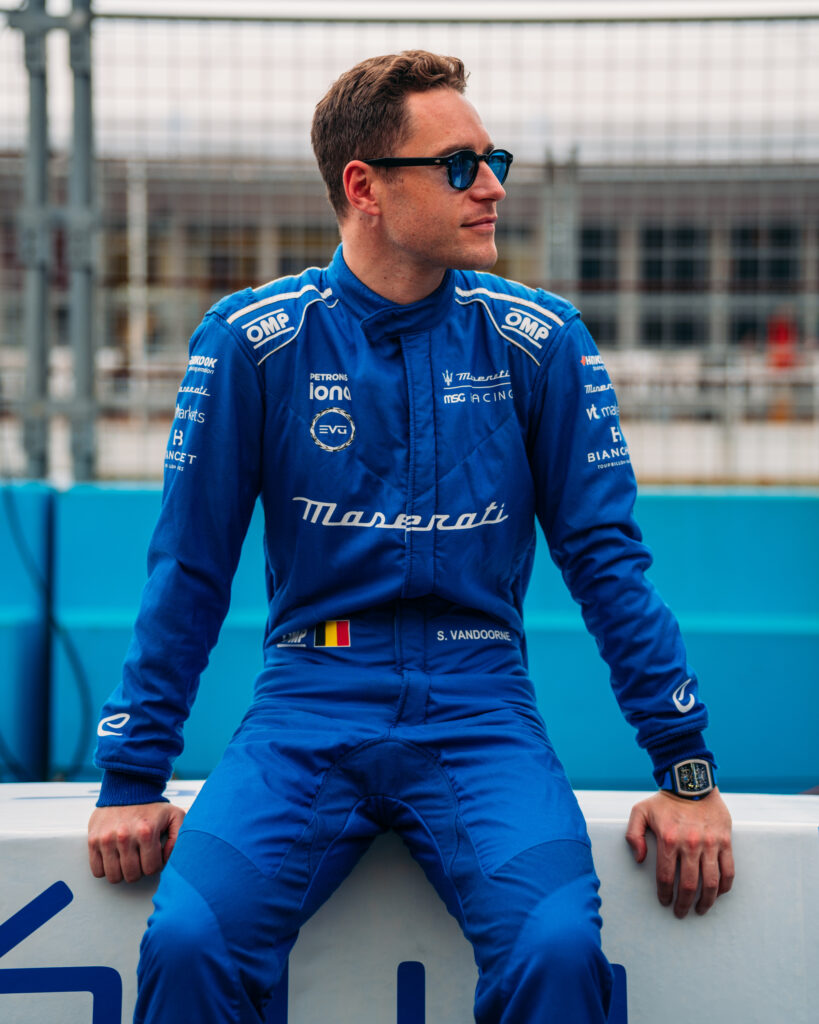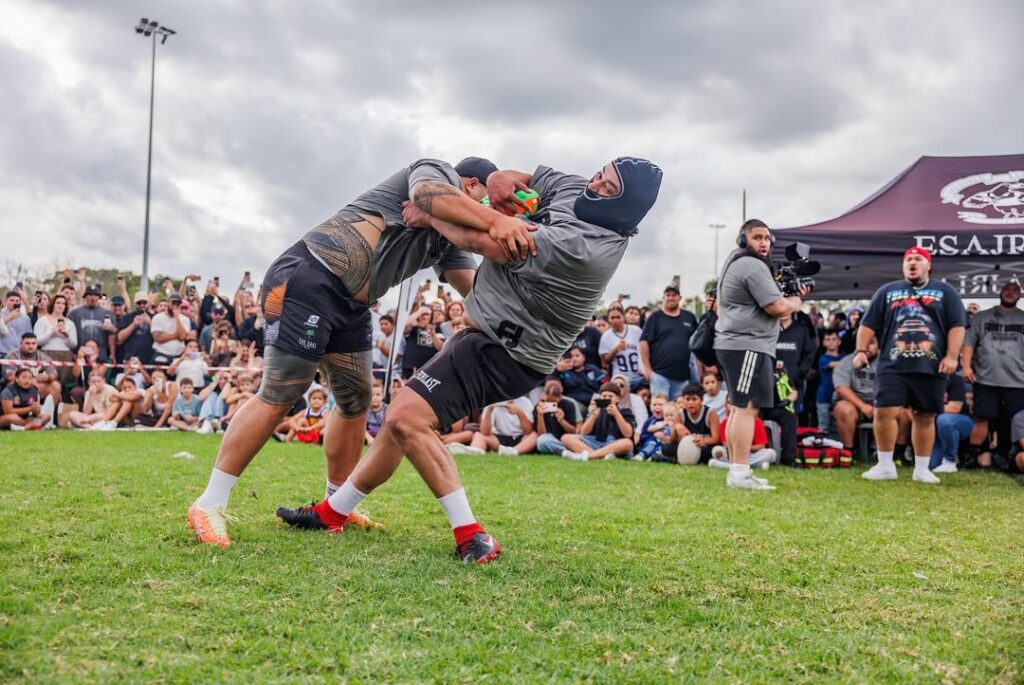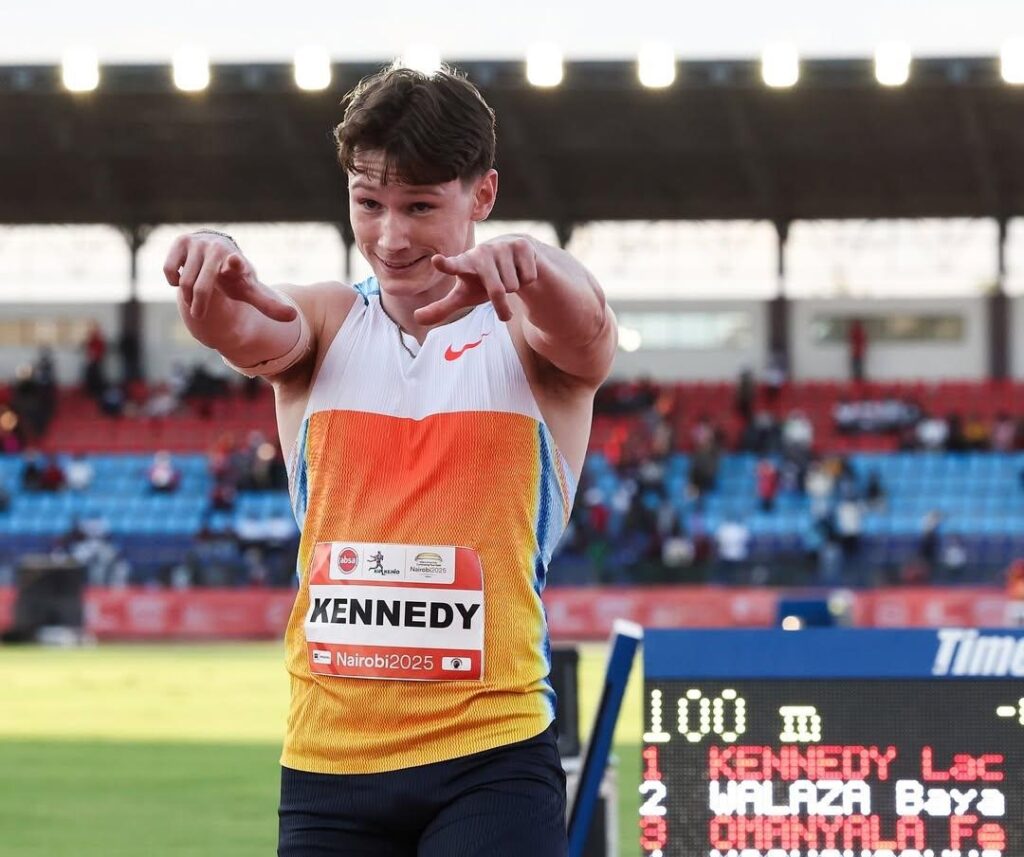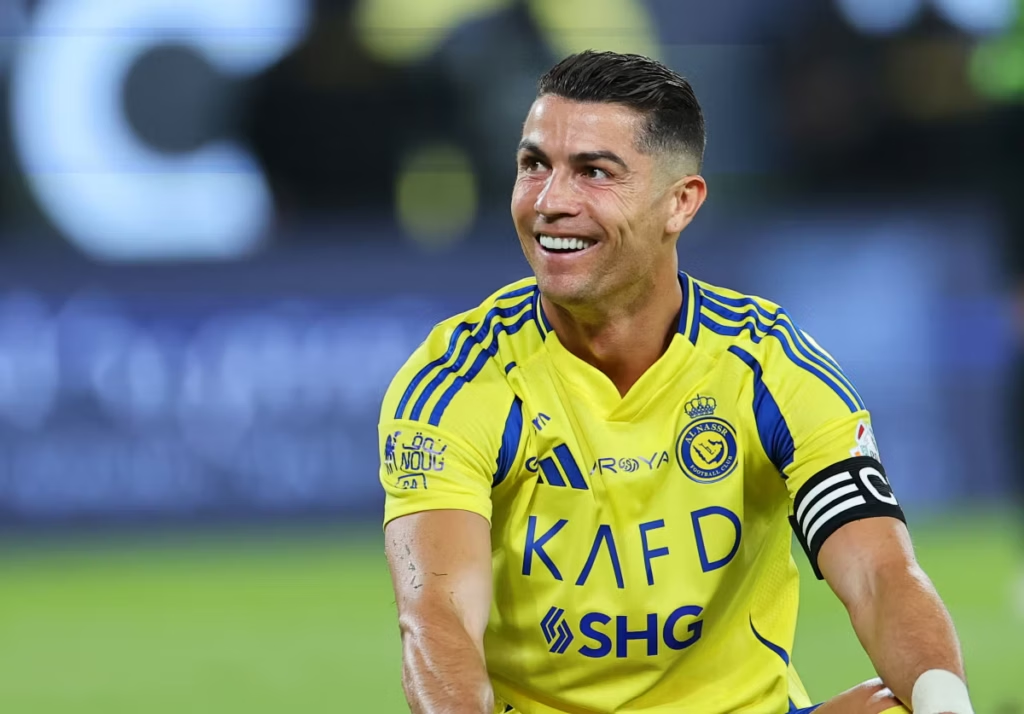Though the world of sport has given us many a memorable moments, for those who lived to see the London 2012 Olympics, the occasion was one that came to be defined by one man and his iconic celebration. Mo Farah wasn’t then an internationally recognised name, but after taking to the athletics track for the 10,000 metres, audiences around the world watched mesmerised at his gazelle-like stride and ability to quicken the pace with ease. Despite a star-studded race, Farah took the gold with a time of 27:30.42, holding arms aloft in the shape of an ‘M’ as he crossed the finish line beaming a smile of pure joy.
Since that race, Farah has continued to dominate the running scene and now boasts four Olympic gold medals to his name. In recent years though, Farah has looked to switch to the longer distance events, namely that of the marathon, as he continues to improve upon his performance times and endurance. After sustaining a hip injury, Farah sadly had to pull out of the 2022 London Marathon, but already he’s set his sights on 2023 as he doubles down on his training routine, while also ensuring he’s fuelling as best he can and getting adequate recovery.
Speaking about his progress, he said: “I’m just building and getting back into it. This morning I did five miles, two days before that, I did four. When you’re coming back from injury, it’s really important that you listen to your body. As much as I’ve achieved…when you have an injury, it’s important that you take it slowly and you keep recovering as well as building. At the minute, it’s just baby steps and trying to build.”
As Farah prepares to turn 40 next March, he admits that he’s had to dial into his body in recent years, ensuring he gets adequate sleep, eats well and stays hydrated. In a recent interview with GQ UK, Farah revealed that he typically starts his day with a bit of porridge or some toast, before dropping the kids off at school and then heading out for a 10-12 mile run. Post-run, he does some stretching, showers, and then prepares a healthy lunch that is usually a chicken sandwich or some salmon, with a little bit of toast for protein and carbs. “I’ll rest up a little bit and run again in the evening. The evening meal is really important because if you worked hard during the day, you need to fuel up. It’s usually pasta, rice, or chicken – just a variety of protein and carbs,” he explains.
Asked how he prepares for an upcoming race, Farah explained that preparation begins six months before to ensure he peaks when needed. And while that certainly applies to training, it also applies to nutrition as he can’t be at race weight ahead of schedule. “It’s all about the preparation. If you prepared well during the 100-mile weeks and months, that’s what gives you the confidence and belief to be able to say, ‘it’s just a race.’ If my legs can do this amount of miles for weeks and weeks, and I’ve done all this other training, the racing part is the easy part.”
For Farah, setting himself up for success also involves eating 20 minutes after a run, to ensure his body has the nutrients it needs to repair and recover. “You want protein just to make sure the muscles can recover,” he told the publication. “I try and have a protein drink made for me and I’ll have that 20 minutes after the race and maybe a banana. There’s a reason why they say the first 20 minutes because your body needs that fuel. If you don’t have that in the first 20 minutes, it’s not sufficient. You will still recover but not straightaway.”








